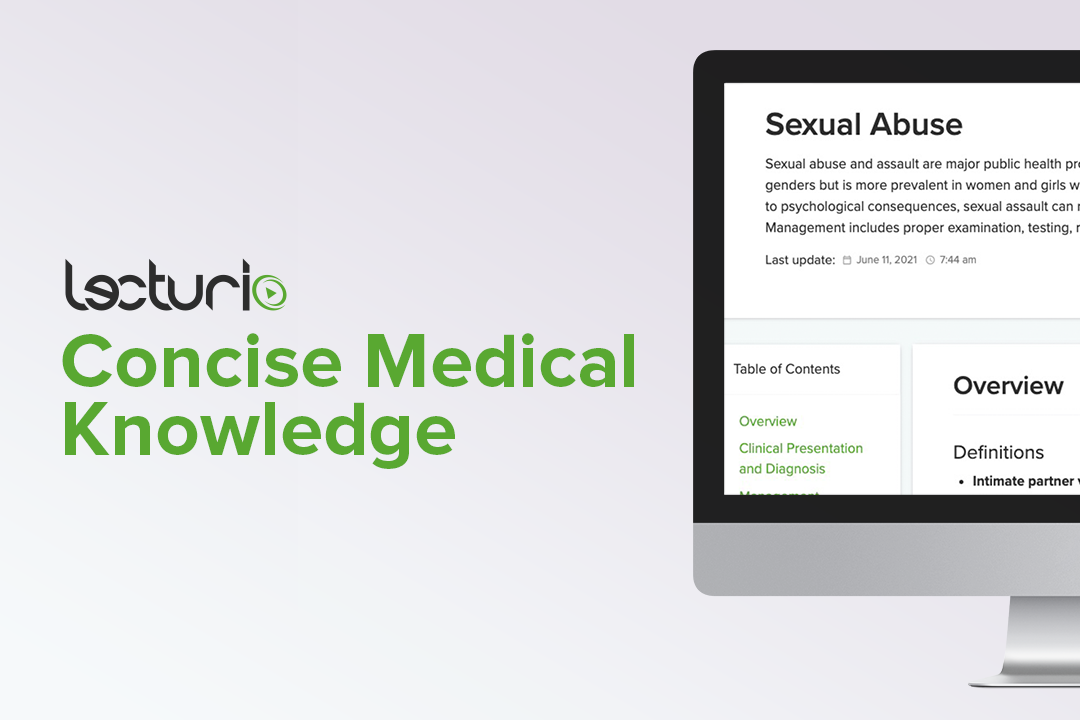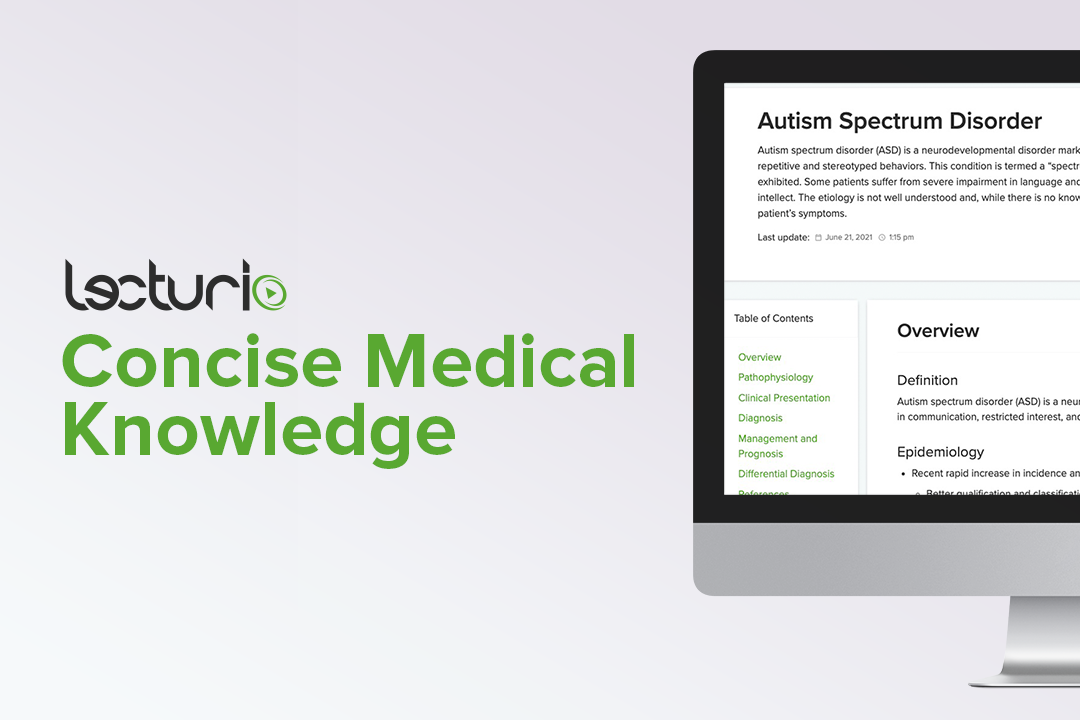Playlist
Show Playlist
Hide Playlist
Autism Spectrum Disorder
-
Slides DisruptiveBehavioralDisorders Psychiatry.pdf
-
Download Lecture Overview
00:01 Now let's take a look at autism spectrum disorder. 00:06 This is a restricted pattern of behavior, interest, or activities as manifested by at least two of the following: stereotyped or repetitive motor movements, insistence on sameness basically being inflexible or rigid, being highly restricted, and also hyper or hyporeactivity to sensory input. 00:28 Additionally, persistent deficits in social communication and social interactions should be evident in each of the following domains: deficits in social-emotional reciprocity, deficits in nonverbal communication, and deficits in developing, maintaining, and understanding relationships. The symptoms must be present in the early developmental period if it is going to be attributed to an autism spectrum disorder. 00:58 The symptoms can cause clinically significant impairment in social, occupational, and other important areas of life. 01:06 So how would you treat autistic spectrum disorder? Well, you wanna think about remedial education, behavioral therapy, neuroleptics if the behavior is really disruptive, you may think of antidepressants such as SSRI's, and also supportive treatment and social skills training go a long way in helping to change behaviors that are maladaptive.
About the Lecture
The lecture Autism Spectrum Disorder by Helen Farrell, MD is from the course Mild and Major Neurocognitive Disorders.
Included Quiz Questions
Which of the following is NOT a feature of the autism spectrum disorder (ASD)?
- Excessively emotional
- Stereotyped or repetitive motor movements
- Deficits in non-verbal communication
- Difficulties in maintaining relationships
- Highly restricted and fixed interests
Which among the following is NOT used to treat autism spectrum disorder (ASD)?
- 1:1 nursing
- Antidepressants
- Antipsychotics
- Behavioral therapy
- Remedial education
Customer reviews
5,0 of 5 stars
| 5 Stars |
|
5 |
| 4 Stars |
|
0 |
| 3 Stars |
|
0 |
| 2 Stars |
|
0 |
| 1 Star |
|
0 |





